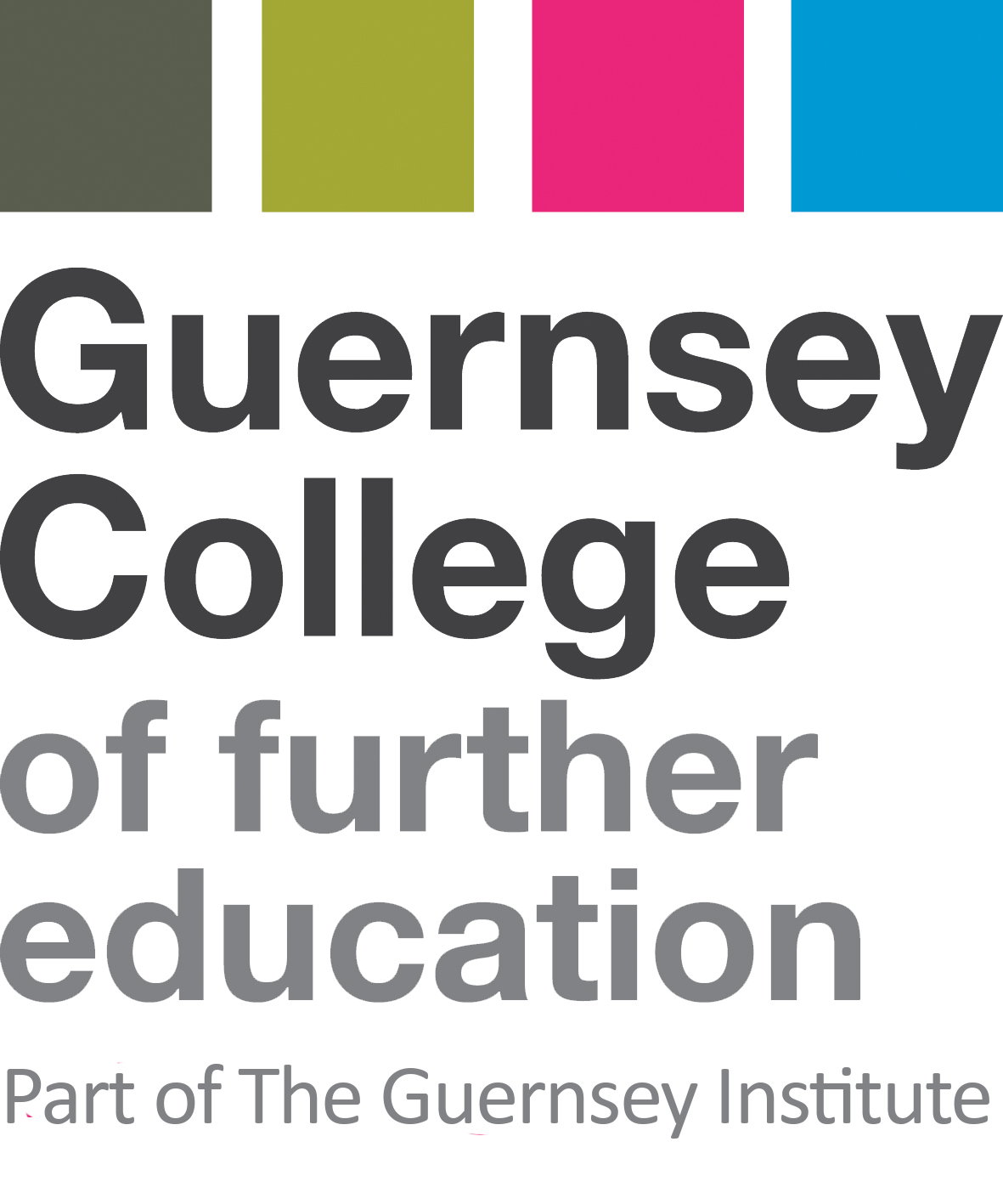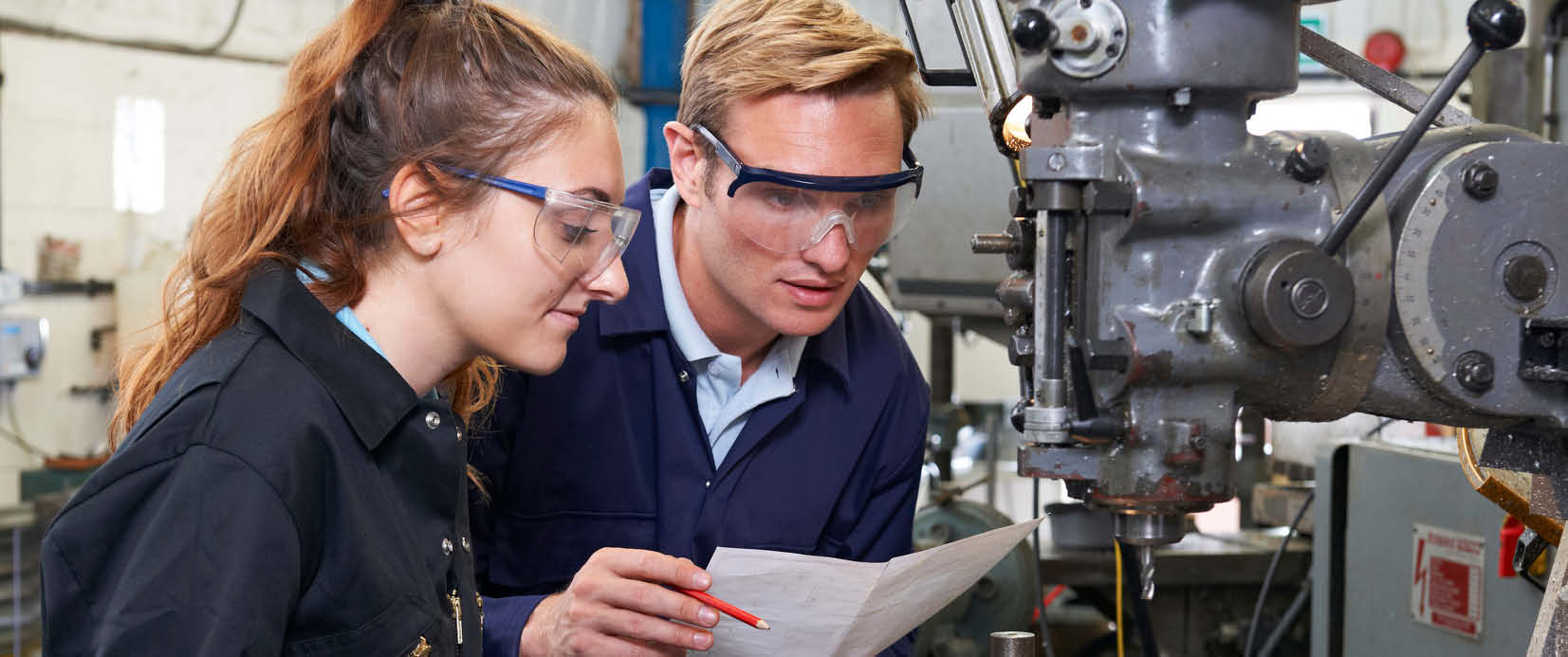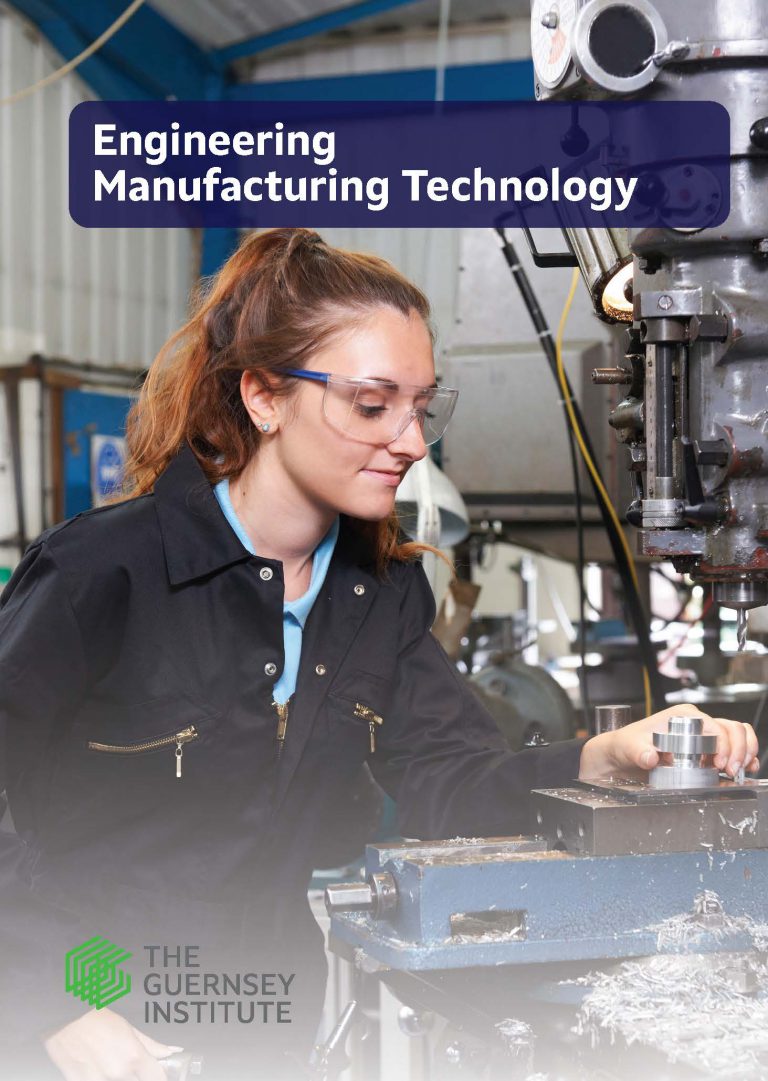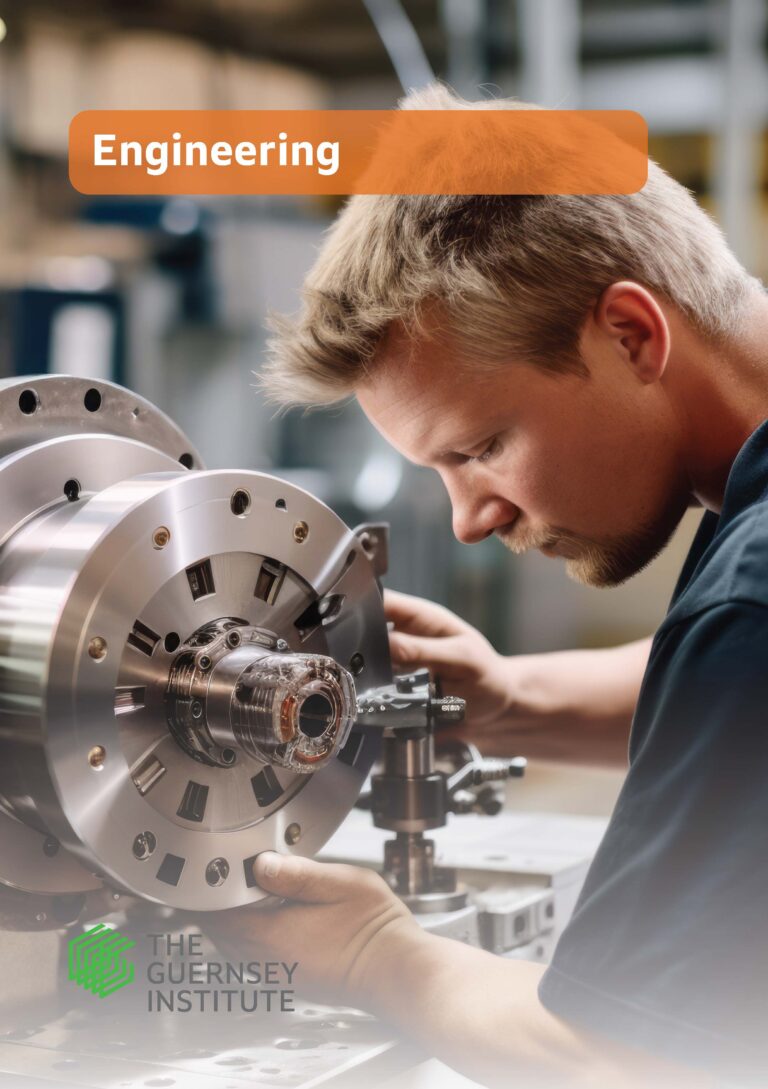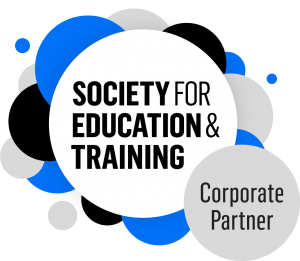News & Events:
New Level 2 Certificate in Counselling
Festival of Adult Learning
Parents' Evenings
Positive feedback from Ofsted
Graduation 2023
COLLEGE CLOSURE THURS 2 NOV 2023
Engineering
Qualifications
The City & Guilds Level 2 Diploma in Engineering
Course duration
One year, full time
Campus
Coutanchez
Download course brochure
Qualifications
BTEC Level 3 Extended Diploma in Engineering
Course duration
Two years, full time
Campus
Coutanchez
Download course brochure
Purpose of the Course
The City & Guilds Level 2 Diploma in Engineering qualification develops your knowledge and practical skills in preparation for you to pursue many of the careers available in the local engineering and construction industries, or indeed to continue studying at Level 3 either as a full-time student or as an apprentice.
Our Level 3 Extended Diploma in Engineering is a course for those of you serious about a successful and rewarding career in the engineering industry.
Whether you are looking to enter the mechanical, electrical, or maintenance sectors, this course will provide you with advanced hands-on practical instruction, and in-depth theoretical teaching, using industry-standard technology and equipment.This is an advanced technical qualification that can provide you with a direct route into higher education and degree-level study, or progression into the local engineering sector.
Course Outline
City & Guilds Level 2 Diploma in Engineering
This is a practical course, where you will develop good fabrication and welding skills alongside the essential underpinning knowledge. You will work with a variety of different materials in our engineering workshops, using industry-standard equipment. You’ll be taught by engineers with vast industry experience and close relationships with local employers. Health & safety will be a core component enabling you to develop knowledge and application of keeping yourself and others safe.
You will study the following units:
- Working in engineering
- Principles of engineering
- Principles of engineering technology
- Fitting or milling
- Oxy-acetylene welding
- Turning
Level 3 Extended Diploma in Engineering
On this course you will develop your knowledge of the principles, practices, and theory, essential to the engineering industry, whilst also gaining a thorough understanding of workplace health and safety, correct working practices, communications, and industry standards that your future engineering career requires. You will study a total of 15 units and will be expected to work both as part of a team and independently help you develop a responsibility for your own learning. The programme covers a wide range of subjects from computer aided drafting through to manufacturing (mechanical, electrical and fabrication and welding engineering).
Example of units covered:
- Engineering principles
- Delivery of engineering processes safely as a team
- Product design and manufacture
- Applied commercial & quality principles
- A specialist engineering project
- Micro-controller systems
- Calculus to solve engineering problems
- Work experience in the sector
- Computer aided design in engineering
- Installation of hardware and cables
- Electrical power distribution and transmission
- Behaviour of metallic materials
- Static mechanical principles in practice
- Mechanical principles in practice
- Principles and applications of fluid mechanics
- Programmable logic controllers
- Computer networks
- Manufacturing primary forming processes
- Manufacturing computer numerical control machining
- Fabrication manufacturing processes
Entry Criteria
Level 2: four GCSEs at grade D/3 or above, across a range of subjects including maths and preferably English language or successful completion of a level 1 qualification, or relevant experience for mature students.
Level 3: five GCSEs at grades C/4 or above in a range of subjects including English language and maths, or a relevant Level 2 qualification at merit or above, or relevant experience for mature students.
Personal Development & Skills
This course will provide opportunities for you to go beyond purely the engineering practice and theory, as there is a strong thread of personal and skills development embedded in your course allowing you to become reflective, independent participants, leaving the course with self-awareness and an ability to access and apply the knowledge you have gained in a variety of settings. In addition, you will participate in enrichment activities such as healthy cooking, sports, communication skills and develop a deeper understanding of the society we live in by having the opportunity to explore and discuss current affairs.
Assessment Method
You will be assessed by a combination of practical assessments, coursework, project work, completion of logbooks and examinations.
Some of your work will be assessed by your lecturers, which will be internally verified and then externally verified by the awarding organisation.
Progression Opportunities
Level 2
To progress onto the Level 3 course, you will need to have successfully completed your Level 2 programme, English language at Level 2 and attained overall attendance greater than 88%. There are also a range of entry level employment opportunities including apprenticeships in the local engineering or construction sectors, or progression onto an alternative Level 3 programme.
Level 3
This programme is excellent for preparing you to pursue many of the careers available in local industries. Some of our former students are now power generation engineers, architectural technicians, etc.
Other successful students have progressed to universities in the UK. They have studied degree courses in various branches of engineering including: motorsports, aerospace, electrical, mechanical, civil and marine.
Your tutors will provide information, advice and guidance to help you make informed decisions about your next steps.
Additional Learning Support
As part of your learning programme, if you have not yet attained a grade C/4 or equivalent in mathematics and English language, you will be required to study a Functional Skill or GCSE in these subjects.
Some students may require additional support for a number of reasons. At the start of your course you will be asked to complete an initial assessment in order for us to identify any additional needs that you may have. During your course, your personal tutor will be able to guide you on how best to access support.
We can offer the following:
- Progress Coaches
- Learner Support assistance (1:1)
- Learner Support assistance (group)
- Learner Support assistance (drop-ins)
- Specialist ESOL teaching
- Study lab sessions
- In-class support
- Special arrangements for exams
Equality & Diversity
We welcome and celebrate the diversity of our student population. We value and recognise differences in race, gender, sexual orientation, disability, religion or belief and age. Our aim is to provide a learning environment that is inclusive and we are committed to removing conditions that put anyone at a disadvantage.
Enquiries
Please contact Olivia McGahy – oliviam@gcfe.net

